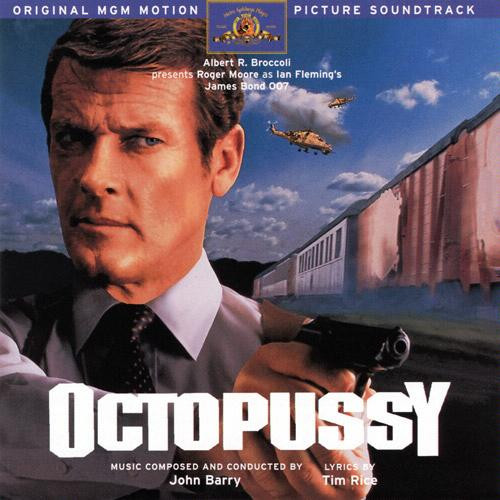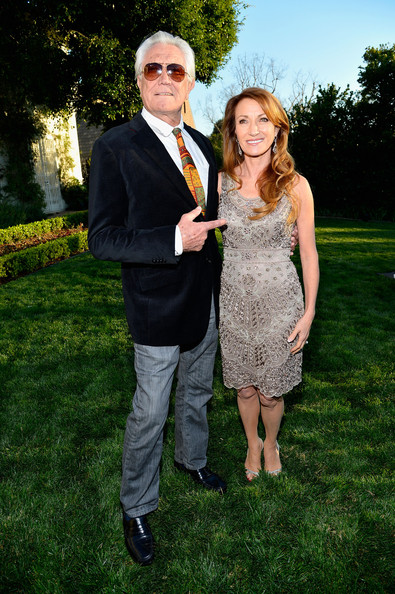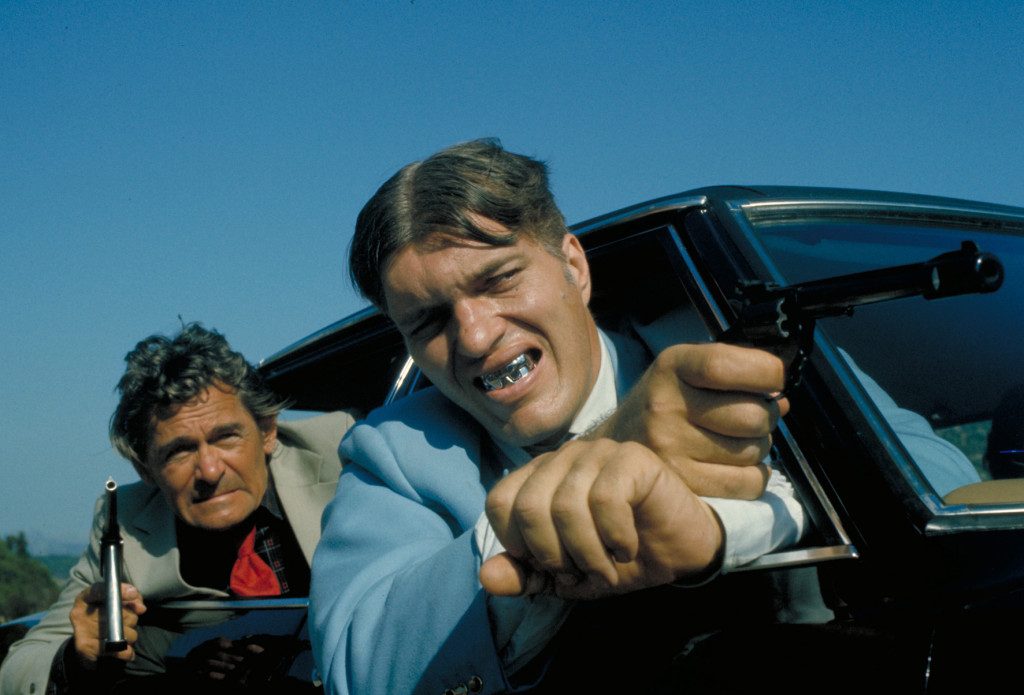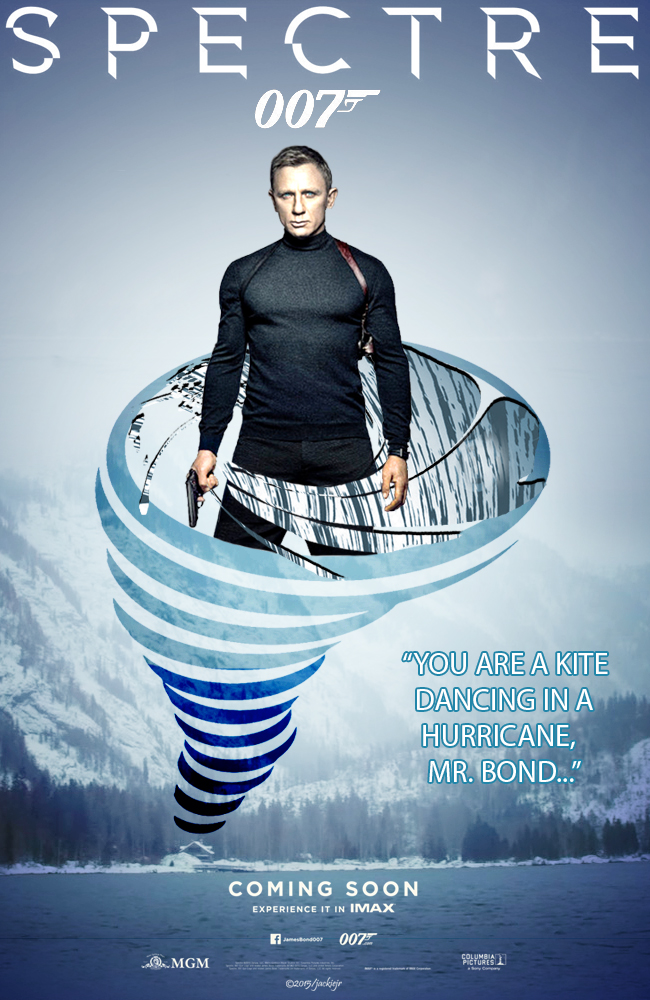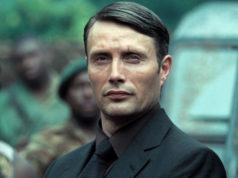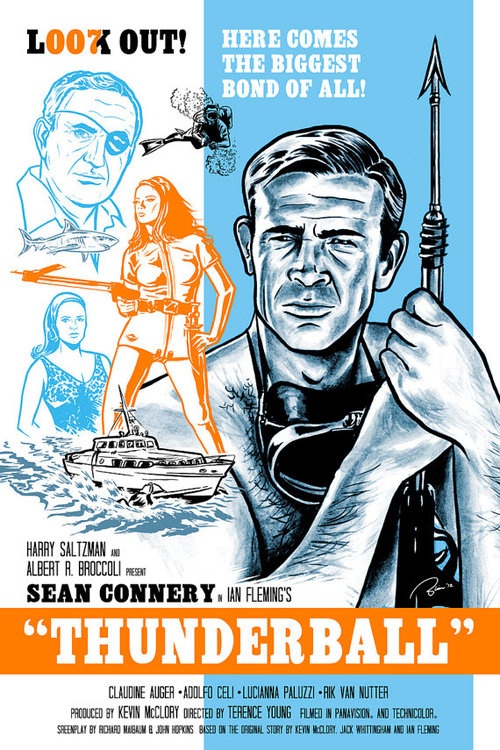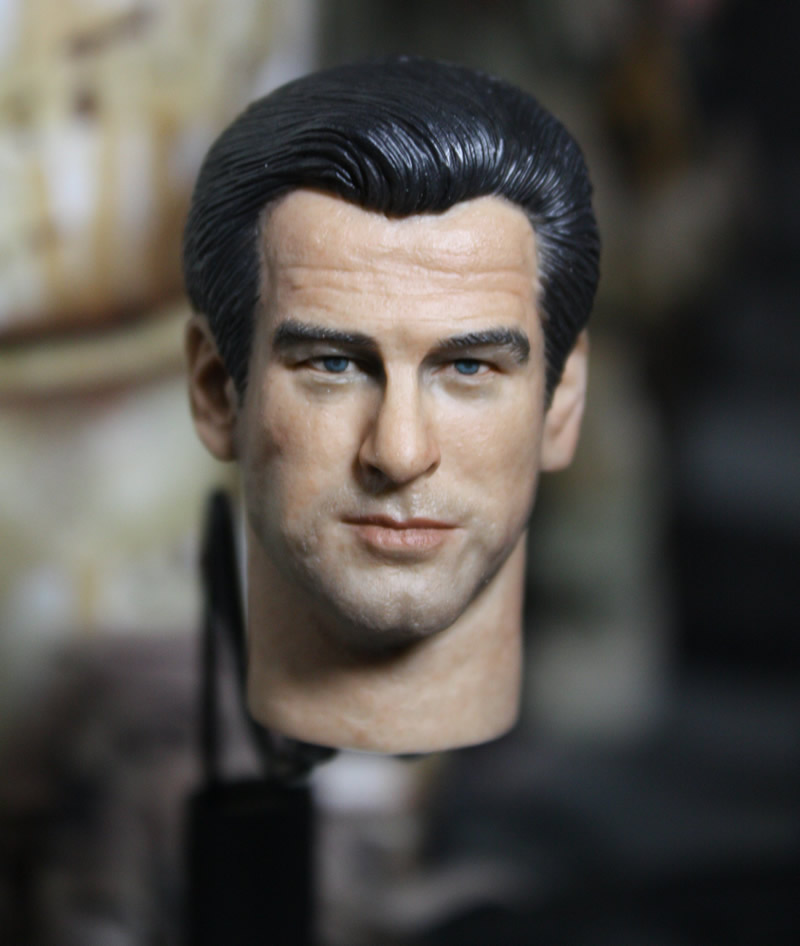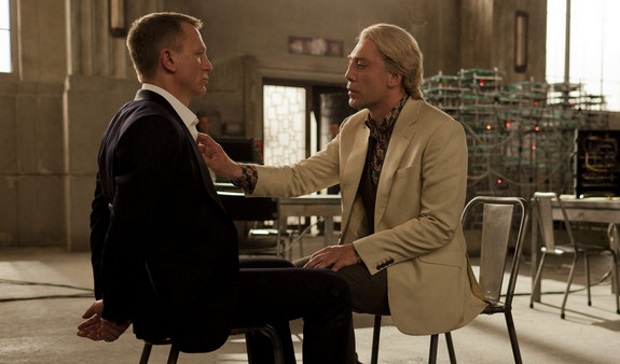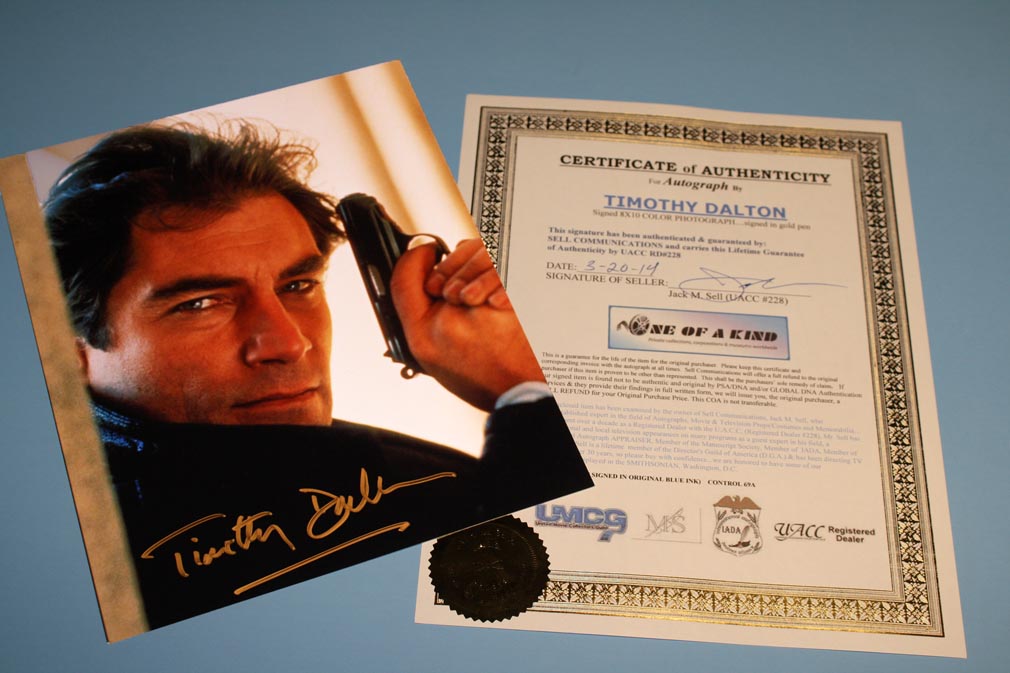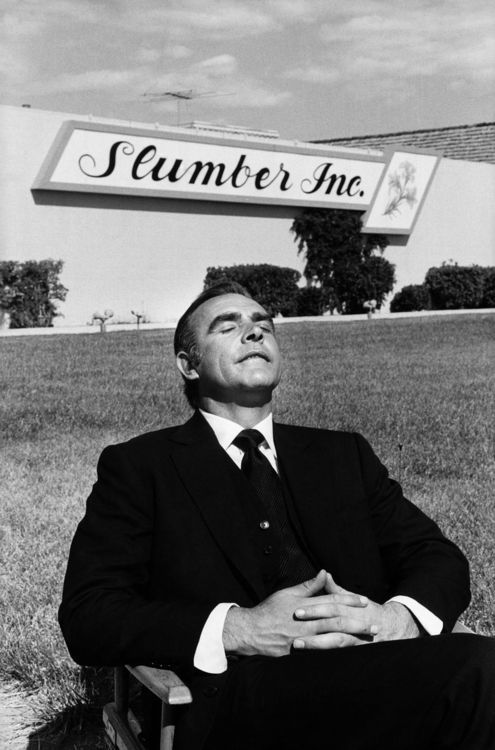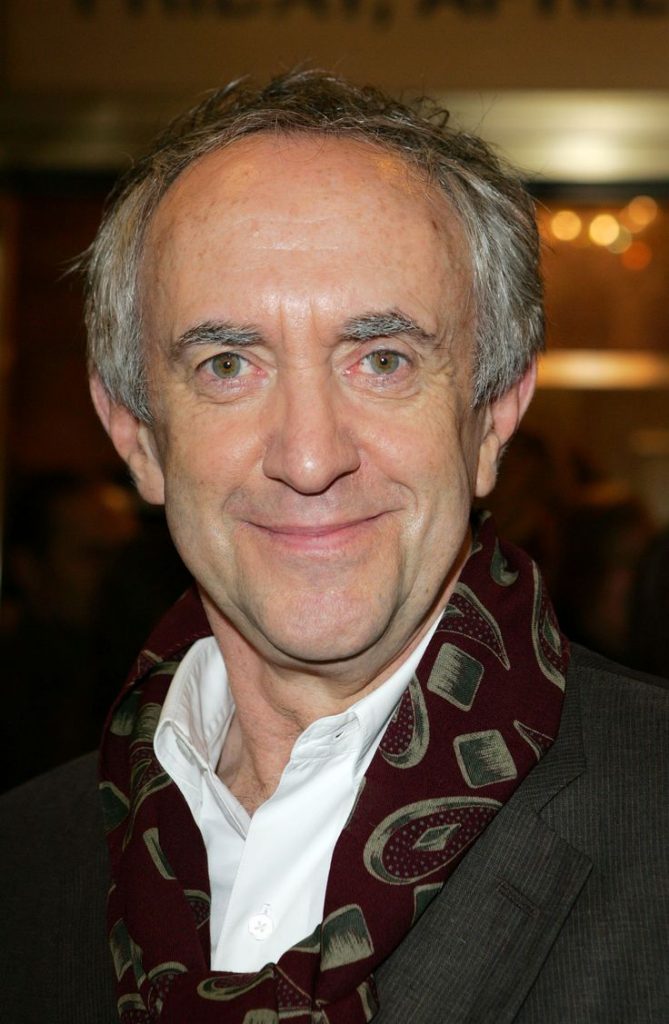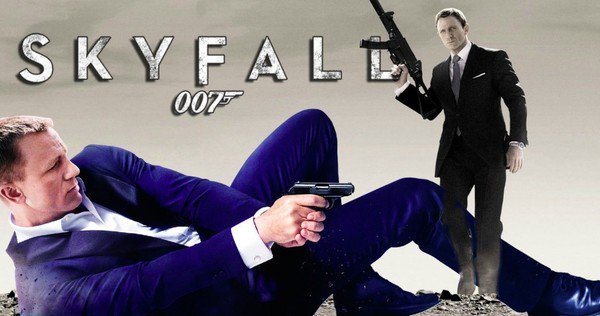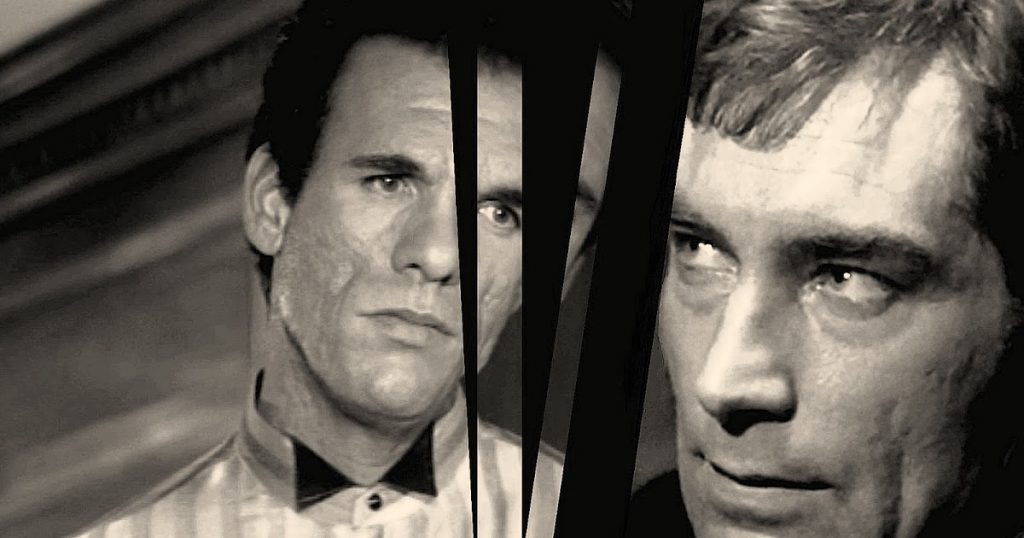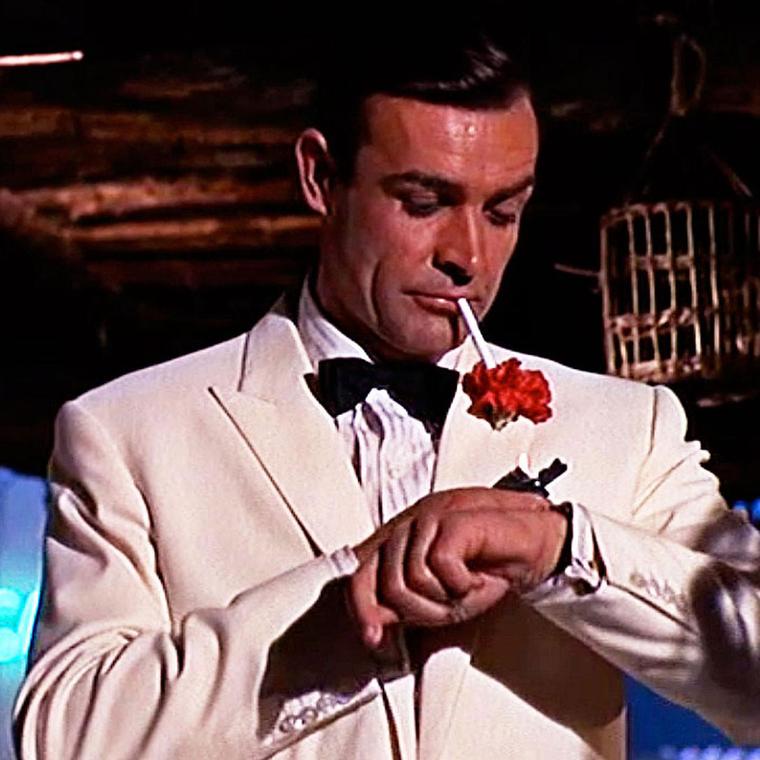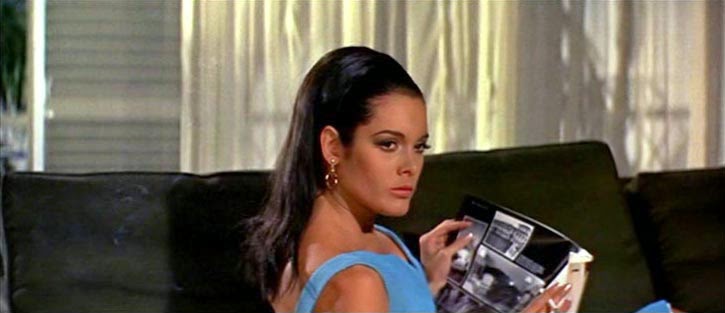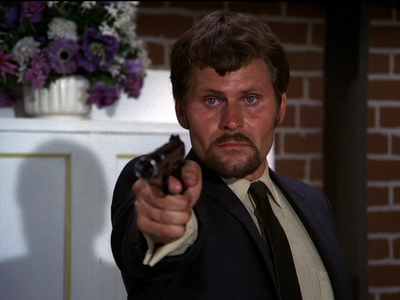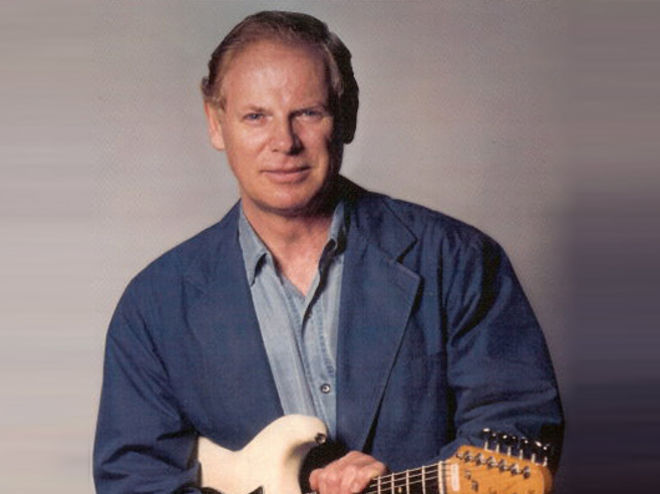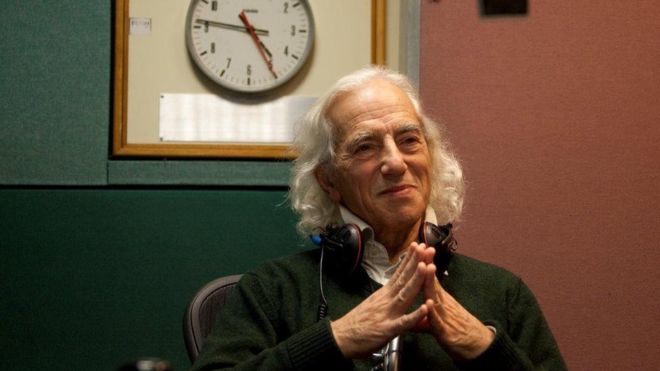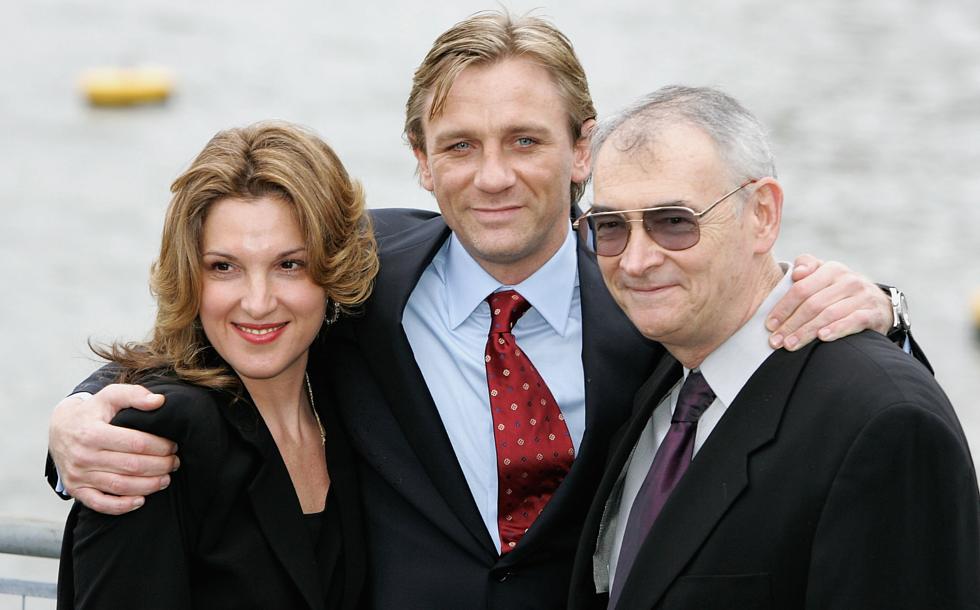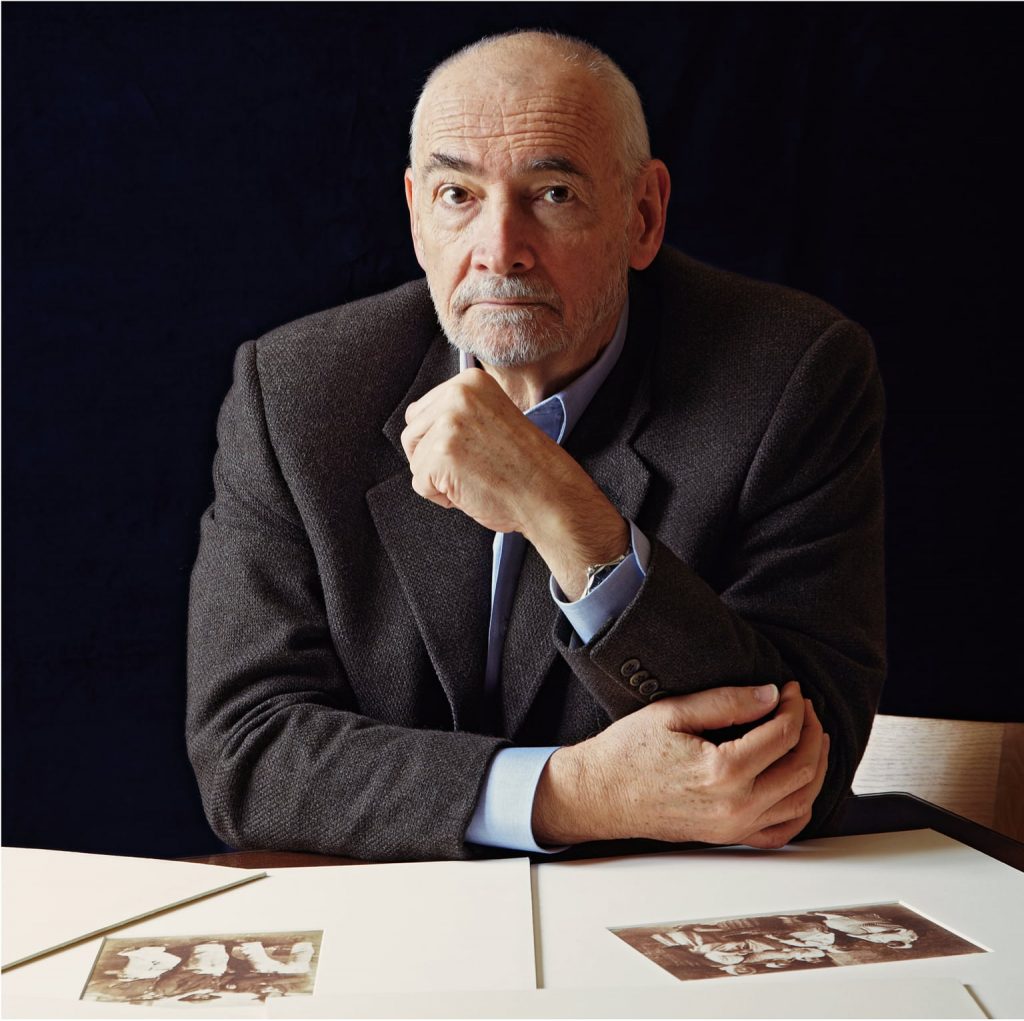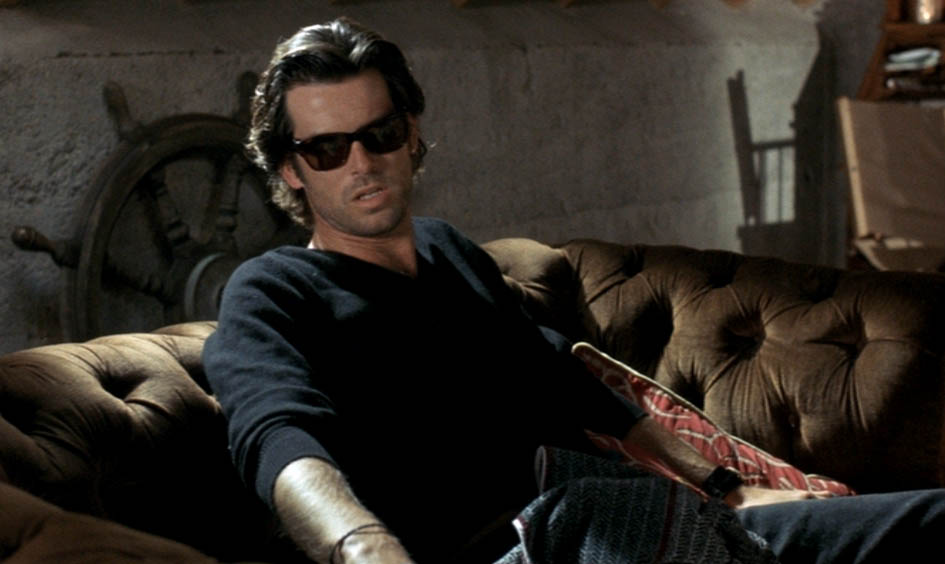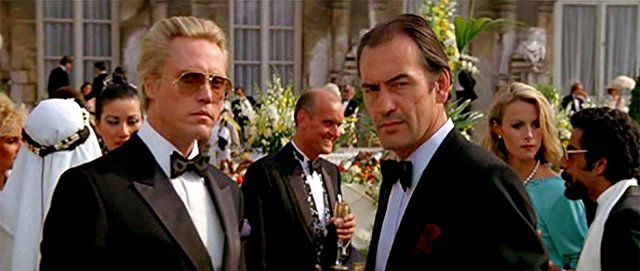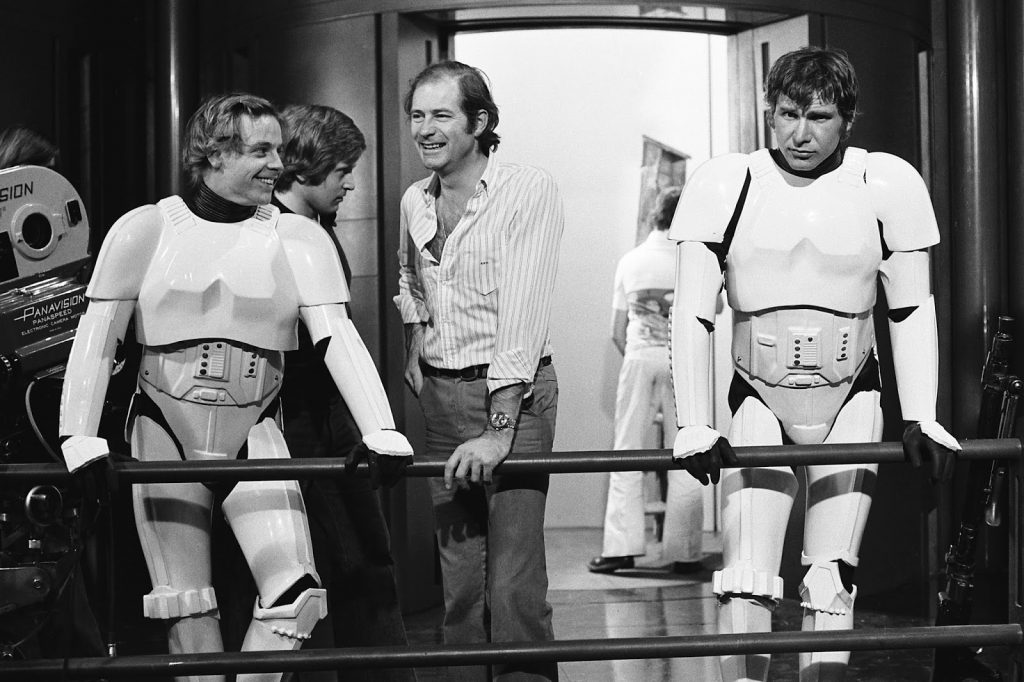 What made you enter the film industry and how did you go about that? I mean you’ve been an Assistant Director and now Line Producer for altogether over thirty years.
What made you enter the film industry and how did you go about that? I mean you’ve been an Assistant Director and now Line Producer for altogether over thirty years.
Well, I’ve been various capacities for over, since 1955.
What were you working as in 1955?
Well I started here as a trainee in 1955.
Doing what exactly?
Well, in those days you started as a trainee and you did a period in the post room and then they assessed you. If they thought that you were art department material, you went into the art department or if you were camera material, you went into camera. Or if you were editing material, you went in… whatever you showed a leaning towards. I obviously showed a leaning towards production. I wanted to go into art but I couldn’t get into art because my… then the next step was to draw. My skills of drawing although fairly good weren’t good enough to do basic draughtsman’s work. So I failed that. I didn’t fancy camera, I didn’t fancy editing and I was obviously an organiser so I went into Production.
So that would be a case of Pinewood finding staff for the films that came here?
Yeah, in those days, you were regularly employed. There weren’t freelance people. Freelance people didn’t exist.
So it was sort of like the studio system?
It was the studio system, yes. And there were two thousand, three thousand employees permanently employed here. They made twelve films a year for the Rank Organisation. You had five permanent camera crews, maybe four/five permanent sound crews. You had maybe twenty Assistant Directors who went from film to film.
Very tight units. Do you think that is a reason why the British industry has developed? I’ve found that when I work on films, everyone knows everyone else.
I think it is. When I was on the floor, when I was an Assistant Director and of course, I did far more films per year than I do now- now I do one every eighteen months or every two years- in those days I used to do maybe three films a year. Or maybe five over a two-year period so you worked, you tended to work with a different crew on each film. So at the end of the year, you met three different crews. There was overlapping. And I used to know everybody when I was an AD. You knew all the Sparks (electricians), you knew the Props, and you knew the other AD’s, that sort of thing. But now it’s vastly different because the freelance world has exploded. There weren’t the commercials in those days. Pop promos didn’t exist. Commercials were made by Pearl and Dean and they used to have a base here and they were very much more, a simplified thing. Now you have a vast array of new people coming who don’t even know how to behave in the industry. They come from pop promos and they have no discipline, they have no training. Occasionally, you get one with some, one or two with skill who makes it up the ladder.
Would you say it’s now the case of ‘who you know’ not ‘what you know’ in the industry?
It’s not so much ‘who you know’. It’s very rare ‘who you know’. It’s whom you know who appreciates your skill. I mean, I may know Lord Bloggs’ son. And Lord Bloggs might say to me ‘I want my son to be first AD on the film.’ But if Lord Bloggs’ son is a total polisher, I don’t want Lord Bloggs’ son. I want someone who does the job. So it is ‘who you know’, yes but you don’t succeed in this business if you’re no good. You soon get found out. Very soon you get found out and this is what used to happen when the Rank Organisation used to make twelve films a year. Take the production line that I went on, you went from the normal six to seven months training period in the mailroom, which was good because you learned the whole studios, you learnt all the departments, then you were made up to a Production Runner. You got assigned to one film and then as you got more interested in individual production, you got to know it, they would very soon- much the same happens now- the first AD or second AD would recognise if you had AD material. You can see it now, you can see it in trainees, you can see it when you interview people, you know if they’ve got the right attitude for the film. So I obviously had the right attitude, so I did runner on quite a few films and then slowly get taken on the floor to help out on a crowd sequence or big sequence as an additional AD. It is another way of learning, a good experience. Then I became a third (AD).
What was your first film as a third?
The first film as a third was… I didn’t finish it because I got called up for National Service. I can’t remember the film. There was a lot of shooting at night in Camden Town; I can’t remember the name of the film. And then I came back to being a third…
So how long were you away for?
Well the National Service was two years. You went away for two years. And they had to hold your job for you.
By the time you came back you were how old? How long had it taken you to work your way to third AD?
Probably from about sixteen to about twenty. Four years. I came back here and I was offered a film living in a tent in the desert, which I turned down as third assistant, which turned out to be Lawrence of Arabia.
Are there films, now that you look back, that make you say to yourself, ‘if only I did that’?
Yes. There are films in retrospect one wishes that one could have done. I was reading the paper this morning; they just reissued a film called KES.
Oh yes, Kenneth Loach, great film.
That was a film in those days, I mean in those days, who was Kenneth Loach nobody knew who he was. There was a chance that I was going to work on it, I didn’t think much of it but in a way one wishes that you’d done films like that. I mean I’ve done films I suppose that other people wish they’d done.
Star Wars springs to mind.
Well, Star Wars yes, was certainly one of the films I did as a first. But you didn’t know it was anything special.
That’s the picture I’ve got from most documentaries. I was told that you don’t actually like talking about Star Wars.
That’s true.
Why is that?
Well, that’s because Star Wars, I mean partly maybe because one doesn’t remember a great deal of it because it was just another film.
That’s great. You know you’ve reached a pinnacle when you can ‘it was just another film’.
Yeah, well you see, when I did my first interview for Star Wars all I could remember was negative thoughts about it. It was pretty unhappy, it was low budget, it was pretty tight on money to make it. It was very inventive. You were inventing a lot of things, which was fine, but they were quite complicated. We were shooting in a difficult country in a difficult location in Tunisia and so when I looked back on my notes on Star Wars, all I could see was negative thoughts I had at that time. I was thinking about it, I was going to do a Sky Television interview and so I phoned them up and said I really couldn’t do an interview, I didn’t want to talk about it because all I had was negative notes, memories. Then I thought afterwards, maybe it’s me, maybe… and I know it was me to a degree but I looked back on my CV and thought ‘well what have I done?’ By the time I’d done Star Wars, I’d done thirty-five films as a first assistant. So I was reasonably experienced. And I’d done some fairly good films. But then it was quite interesting because the thoughts that I began to remember about it- it is very rare that I sit down and think about something- I’m told that many of those same situations developed on the current one. Basically, the problems were that George Lucas had this fantastic vision in his mind but had difficulty in conveying that to the crew.
You’ve worked with directors such as Lucas and Lynch. Do you find you have to adapt to each person’s style?
Oh yeah, very much.
What exactly would you do as an Assistant Director?
Well the Assistant Director runs the set. Runs the shooting crew to the instructions of the Producer, through the office and to the instructions of the Director. And he has to adapt to those instructions to make it work best. To keep the schedule going, doing the budget, to make the film as good as possible. He has to be aware of the mood of the unit, to either jolly them along or jiggy them up, or calm them down if they are getting irritable about something and if there’s problems, let the office know. To help them out, or sort things out if there’s been too long a day and people are tired.
So the natural progression from Assistant Director would be Line producer?
No. Very few AD’s leave the floor and go to the office. Not first assistants. A lot of second assistants do. A lot of second assistants don’t like to be firsts.
Why?
I think there is a different mentality. I think first assistant is the best job in the business.
Really? So how big is the difference between a first and second?
The second does a lot of office work. Planning the call-sheet, making the hair and make-up work, getting actors through in the morning, planning the fittings of the extras coming up, arranging transport with the office and just generally thinking ahead for the first assistant. The first will be thinking ahead to the next five, six shots and the next day and maybe the day after and in the evenings when he sits with his second they’d be looking at the next week. So you are always planning ahead. Whereas a second assistant to a degree once the day starts, his day is planned. He’s got the actors ready for the day, all he’s got to do is to make people, if they’re running late, call someone and make them a bit later or cancel people from stand-bys.
Generally, once the day starts, the second’s day is in place so they need to start thinking about the next day. Start roughing up the call sheet which throws up questions so he goes on and talks to the first and meanwhile, while they’re roughing up the next day, they are thinking about the big crowd call on the location in five days time. So he’s thinking ahead for the first whereas the first is thinking ahead on the set not only to the next shot but the shot after that. Keeping the crew up-to-date, warning the crew that the next shot, that wall is going to come out and that one is going to go in so that they can start clearing the equipment. Just thinking ahead so you don’t have any hold-ups. The first is thinking instantly to the next shot and planning the next four, five shots. Maybe the whole day’s shots in his mind, thinking loosely about tomorrow whereas the second is more seriously thinking about tomorrow.
You said that being a first was the best job in the business. If that is so, why did you take the unusual step of entering the paperwork?
Two or three reasons. One was, by the time I packed up being a first, which was; my last two films were Octopussy and Ladyhawke. That was ’83, ’84. The salary structure for one thing was that for one, firsts weren’t quite recognised financially as they are now and I found that on both those films that they had very large crowd- costume films- Octopussy wasn’t so much costume but there was quite a lot. You finish up running the whole show and the director would tend to sit down at the back of the set and let you do it all and you felt that you were not getting enough funds for what you were doing. I’d also got a bit bored because at that point I must have done forty-five films? And then on top of that I’d had a couple of accidents on films and injured my back so I found standing up all day was a bit of a strain. And another thing was that I was offered a job the Bond, I’d done to films as firsts, and offered me Production Manager on View to a Kill.
A first is also one of those jobs you cannot go on doing forever. It’s not entirely true. Probably, that was the height of the time when the commercials market was coming through and if you were over twenty in the commercials market, you were an old man. They didn’t want people over twenty-five because they were too old and they didn’t want the experienced people because they were too experienced. Not that I ever did commercials but one felt that the future lay more in the office than on the floor.
Did you ever try TV?
No.
Why?
Because I make films.
Terry Bamber (2nd Unit Production Manager) told me that the industry is getting younger and younger. Do you feel that is the way it is because of advertising?
Oh yes. You get a lot of people come through pop promos and commercials. Through now digital video work and that sort of thing and they are coming into the industry. There are some very good people, there are always good people but for every good person there is probably twenty idiots- who think they know what they’re doing. I’ve heard of at least three films this morning, which are being made by virtually amateurs who are running into trouble. They’ve had to call in more experienced people- three films.
Which… are you going to say?
Of course I’m not. These are three very small British films and this is what happens. This is part of the reason we make such a lot of rubbish that no one wants to see. Somebody thinks that it is wonderful to make all these silly films but you’ve only got to pick up the daily telegraph today and read the film reviews. Of the films they review, the first one is KES and they say it’s the only one worth seeing.
You say no one wants to see British films.
I think we’ve got the wrong attitude. The system is totally different from the American. In America, everyone appreciates, the Government appreciates, the State Government appreciates, everyone appreciates the industry. What is it? The third, fourth biggest money-spinner in business. We have not quite the same opportunity in this country but we have a golden opportunity but we have never had a government that understands it all. Even now, this government with all their talk, they’re bringing in legislation, which is damaging to our industry.
There are two industries in England. One is the big film industry based in the studios, which services the American films like Bond, The Mummy, 102 Dalmatians, Star Wars, that sort of movie. It takes a high degree of very good technician, who we have, there are very good technicians in this country and then you’ve got the smaller Soho type, which make a lot smaller films. Every now and again, one of them makes an impact. Like Lock Stock. There are some very good little films made but they can’t get advertised. They certainly can’t get shown because they are not advertised and the cinema chains are run by Americans and they are not going to show some little English film that no one is going to go and see. And the government doesn’t help with its stupid legislation. We have a golden opportunity right now to attract more films to this country from America, golden opportunity. Canada’s full, people are getting fed up of Australia.
Star Wars has just moved there.
Well Star Wars I wouldn’t say is a normal film because as the last one you saw, has two highly powered actors in there who were wasted and most of the backgrounds were put in afterwards.
You didn’t like the new Star Wars film then.
No. I thought it had some good moments but it had nothing left in it.
Did memories come flooding back when you saw it?
No. I was so fed up of the two actors looking bored and in the wrong film and that idiot Jar Jar, interrupting all the time. I was interested to see it for the visual effects. Some of the sequences were very good and very clever. The pod racing scene based on Ben Hurr was good, very clever. The effects were very clever but the trouble with effects now is that they are in every basic commercial. Watch a Persil ad now and the figure comes off the packet and talks to you. You can do anything on a computer. I think that there are two different styles of the industry. Regrettably, a lot of the Soho based films hire people who after two small six-week films think… I get the CV’s in the post. They call themselves Production Managers and have no comprehension what it is like to be the PM or the AD on a film of this capacity. Then of course, there are some extremely good people who come through.
When The Empire Strikes Back came to Elstree, were you offered work on that?
No, I think I’d gone on to something else. I think George and Gary, certainly George had… I don’t know, you do a film and you get deflected, you do another and you are deflected another way. Then you meet up with people. I much prefer to do Elephant Man to the Empire Strikes Back, I think it’s a far superior film and it was a gem to work on. It was an absolute joy to stand there and watch it acted. It was acting. John Hurt and an excellent cast. It was just superb. It was a wonderful experience.
What was it like to work with my favourite director- David Lynch?
He is a strange one. I like David. I think he was a little bit out of his depth in a way, working with the actors we were working with, the John Gielguds and people like that and working in London. All I remember was it was a very pleasurable experience. We worked some very strange hours. We used to do a twelve-hour day, every other day with days off in between. The make up was like a six-hour job so he used to come in at 4am, be ready for 10am and we would have the crew call for 9. We would then work non-stop until ten o’clock at night with a running buffet on the set and the next day we’d have a midday call and work until five setting up the next day’s work. We’d have that day without make-up to give his skin a rest. It was a fantastic way of working. Between twelve and five you would rehearse the whole of the next day’s work so that you knew the route, you knew the positions, the actors knew what they were doing, the director got the acting right, the cameraman knew where the lights were to go, the dolly would be ready. Great, great work.
You’ve worked now on eight, nine Bonds?
Eight.
What has attracted you back?
Well, what is it that attracts everyone? Everyone wants to do Bond. When they were being made every two years, and the first five I did were, they got the same team back every time. People made themselves available to do the film. People used to phone around and made themselves available for the film. The first five I did weren’t the best films in the world and they were reaching the end of an era at that point. They had family, they are family run films, there’s not many family films. They were pleasant to work for, they had a certain amount of aura about them and since in this current series, since Goldeneye they have an even bigger aura. They are a little tougher. The atmosphere has changed a little bit because they are much more complicated now. Much more complicated and much bigger than they were in the first five we did. They were quite simple films to do. Now everyone works much longer hours, in those days you didn’t.
Do you think that since Cubby past away, the Bond films aren’t quite the same?
No I don’t think that at all. Everyone misses Cubby and he was brilliant to have around on set because he knew everybody and he’d talk to everybody and everyone respected him. No, it changed with the natural break came in the six-year break and then you had a new Bond. A new style of script-writing a new style of director and the public also demanded a new type of film. When you go back to the end of the eighties, when Timothy and Roger were around, the films were a little bit down. They were very much the same as they were in the sixties. The audiences were getting more sophisticated. They needed more excitement.
Do you think this had to do with the big blockbusters in the eighties?
Yes to a degree.
I loved Dalton as Bond.
Well, you love him or you hate him don’t you?
Well, I loved his hard edge.
A lot of people say to me, who are far more knowledgeable about Bond than I am- I have too much to do on a film I read a script three or four times and I get the gist of it. I never make comment on whether I think it’s good. Only on certain scenes do I think it good or bad. It’s not my problem, we’ve got producers and writers to sort that out and the director. It is not my concern. I’ve just got to organise a thousand people in five or six countries to shoot it. That’s not my concern. I will make comment if I think a scene is naff or it’s unnecessary or we don’t need it. Once you start shooting the script starts changing anyway. You never get a chance to read it again. Never get time to sit and digest a script. So I can finish up on a Bond film with a script I haven’t read for thirty weeks. You just read the scenes that come up in the schedule. So I’m the wrong person to ever talk about the quality of Dalton. I think Dalton could have helped himself and the film more though you are also right, he had an edge, they were harder pictures. Many people say he was close to the original character Fleming had devised. I think that’s probably true. You’re going back to how Sean was in the early days.
Sean was the king. You can’t take his crown away.
Ah I don’t know!
You don’t know?
I think Pierce is equally good as Sean when Sean was in his prime.
How does your job change between production and post-production?
Well, obviously it changes dramatically because when you’re shooting, and I’ve got three or four units going, sometimes in two or three countries at the same time- you’re constantly jiggling schedules and talking to people on the phone, first thing in the morning, last thing at night with all the various problems that come up. Trying to make sure that everyone is working the next day. If something changes you may have to swing another set in, in order to fly more people out or you may have to bring more people back or even change a rest day. It is non-stop fourteen hours a day. Six days a week. Whereas in post-production, you have a team of people who are professionals in their own right and we have a Post-Production Co-ordinator. We didn’t used to; we used to do it ourselves so it takes a load off from me. On the other hand I have a lot of clearing up to do from the locations, even this late and all this paperwork relates to either delivery requirements which I have to do, cast and crew screening (pointing to a pile) or the lending out of our equipment to another film which is another bunch. Sorting out the odd insurance problem and that sort of thing.
How different is Line Producer from Producer?
It differs on the film. On this film, a film of this size, basically I run it. I run the film apart from artistic decisions or budget re-decision.
Michael Wilson will get final cut.
The producers will get the final cut, in conjunction with the director.
What was it like to work with Michael Apted?
He’s a very organised man. I think he has a very appealing style, which a lot of people in the world could learn from. As soon as a man starts screaming and shouting on the set, I think he is an idiot.
James Cameron?
Well, I have worked with James Cameron. You don’t need to do that. If you can’t get your authority over without having to scream and shout then there’s something wrong. You don’t need to. You can be firm, you can be positive, you can stamp your foot gently now and again and if you know what you are doing as a director, you don’t need to scream and shout. That’s a fallacy and this is an area where these ‘wonderful’ people that come up through commercials and pop promos and they think they have to be outrageous. That’s unprofessional.
Have you ever thought of directing yourself?
Years and years and years ago. I was offered to direct.
Anything I would have heard of?
No. My brain isn’t that sort of brain. I’m an organizer brain. I’m too practical to be a director.
It would have been a job you could have done.
Oh, I know how to shoot a film. Yes I can easily shoot a script. Whether I get any performance from it is a different story. I think that with my contacts in the world now, when I finish this and I take a break and I start looking around if there was a script that I liked and believed in, if asked to direct, I would direct. But it would have to be something that had… it would have to be something that you believed in. If you had a really deep acting film and the actors come and want to have discussions, I don’t think I could tolerate that. I don’t have the patience for that.
Would it be a British film?
Oh yes. Well yes. One will support the British industry as best as one can. Another great mass of this paperwork is all this idiot government legislation that is coming out and how we can fight the government to try and make them see sense. That is why in part a group of us from the Guild of Production Executives are getting together and we are trying to persuade the government that what they are bringing in is bad for the industry.
So when do you finish with Bond?
My contract is up at Christmas. I see-through post production. I will deliver the film by the end of October and then I have some input into the cast and crew premiere screenings. Having done that, one will finally hope to file all this paper work as a record must be kept of everything. Probably won’t get time to do it all. We will make an attempt to do that.
Lastly, what advice would you give to someone attempting to enter the Production side of the industry?
I don’t know. It’s a very precarious business. I’ve been very lucky all these years; I did have twenty years of the best time. It will never be like that again, ever. You can see from my CV, we went from picture to picture. You had another picture fixed before you finished the first one. Halfway through, you were meeting the directors for the next film. You had four, five weeks off after it and you were on the next one. That doesn’t happen now. There aren’t the films around. There’s far more people chasing the jobs now because of media and film schools. What advice? The advice is if you’re good, you will get there. Somehow you will get there, one way or the other. If you’ve got the wrong attitude, you haven’t got a chance.
Most people in this industry have the right attitude. You know you’re going to do long hours. You know it’s going to be hard work. You know you are going to be covered in shit all the time. You know you are going to be soaking wet and filthy with mud but at least you can hope to achieve a major production. Make a film you are proud of to have on your CV. It depends what side of the industry you want to go into. It takes time to establish your name. If you want to be an Assistant Director, you’ve got to work harder. A lot of people think you can jump in and be a first after doing three commercials. I think the industry will choose you. In a way, it was said earlier, it is word of mouth. People will recommend you. People do phone up everybody and say ‘how was X on the last film?’ You need the experience.
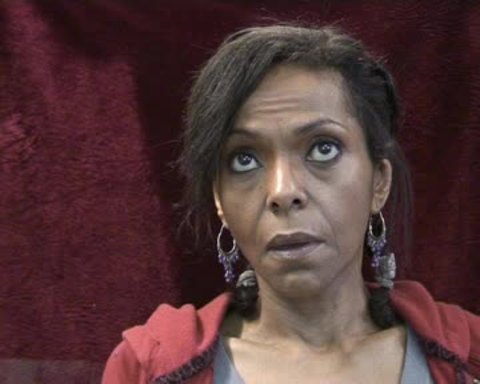 This is from memory, having seen QOS in the theater again this evening without benefit of a script to consult, but…
This is from memory, having seen QOS in the theater again this evening without benefit of a script to consult, but…
